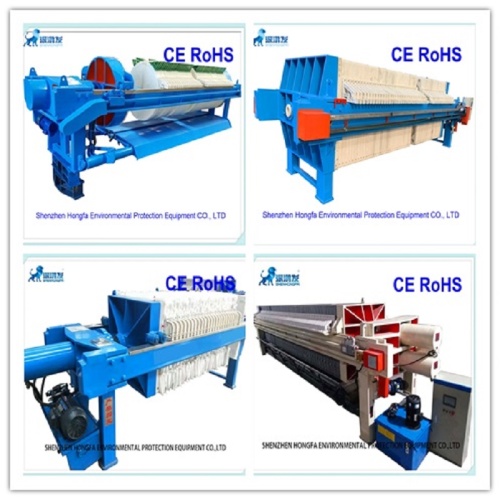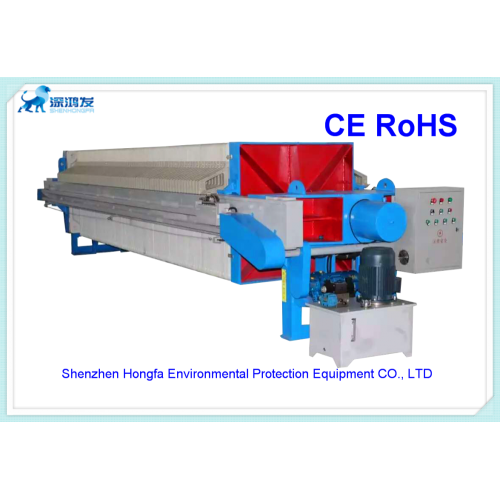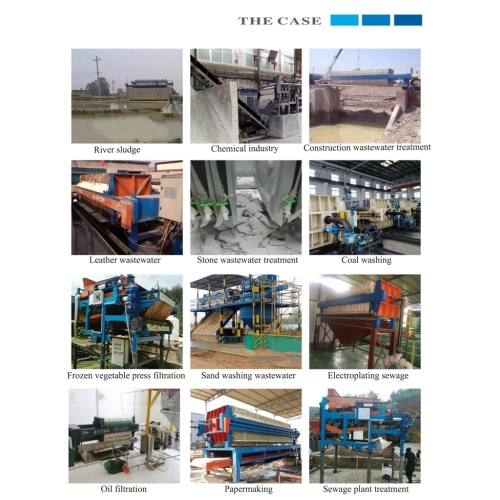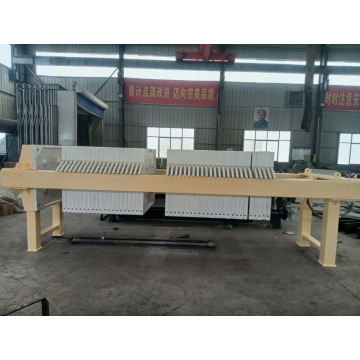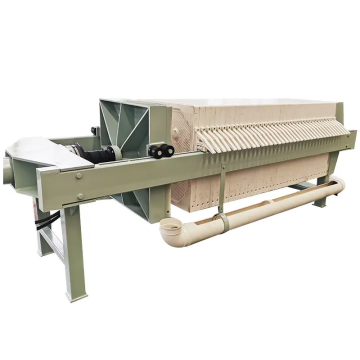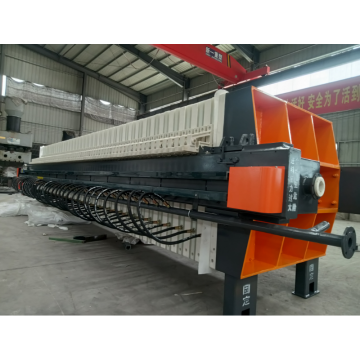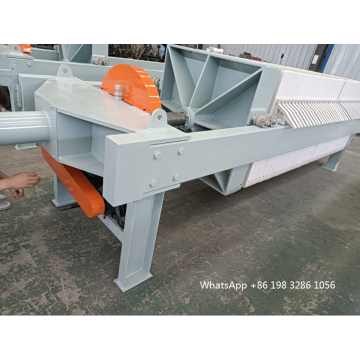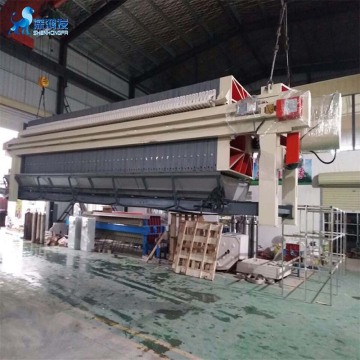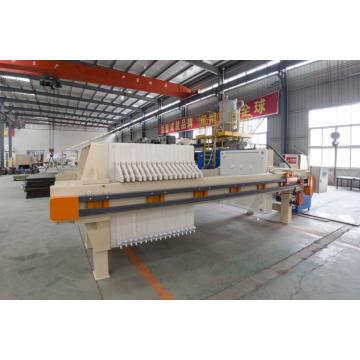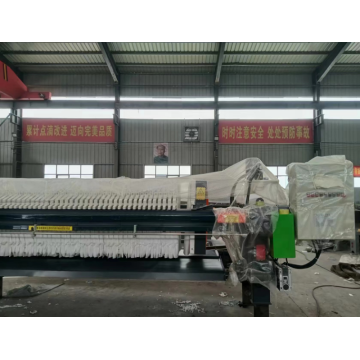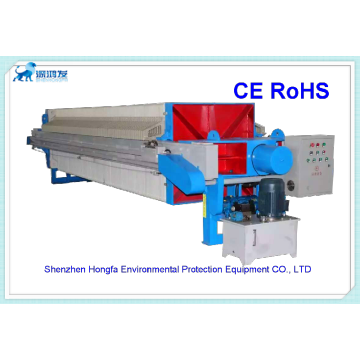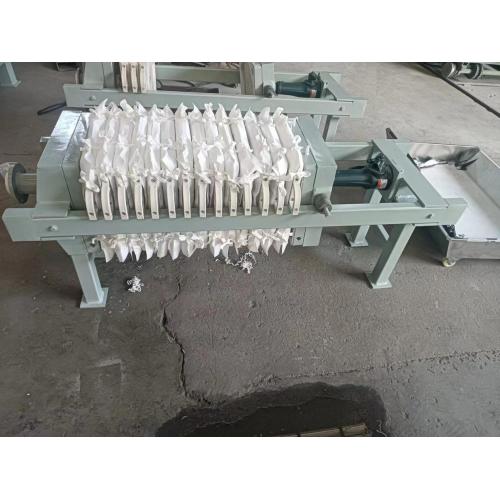
Full Automatic Plate and frame Filter Press
-
$899.00≥1 Piece/Pieces
- Min. Order:
- 1 Piece/Pieces
- Min. Order:
- 1 Piece/Pieces
- Transportation:
- Ocean, Land, Air
- Port:
- HONGKONG, SHENZHEN
Quantity:
Your message must be between 20 to 2000 characters
Contact NowBasic Info
Basic Info
| Place of Origin: | china |
|---|---|
| Productivity: | 100pcs/week |
| Supply Ability: | 1000PCS/WEEK |
| Payment Type: | L/C,T/T,D/P,D/A |
| Incoterm: | FOB,CIF,EXW |
| Certificate: | ISO9001 ISIO14001 CE,RoHS |
| HS Code: | 84212910 |
| Transportation: | Ocean,Land,Air |
| Port: | HONGKONG,SHENZHEN |
Product Description
Product Description
A filter press is used for solid-liquid separation in various industries and applications. Here are some reasons why a filter press is commonly used:
1. Efficient separation: Filter presses are designed to effectively separate solids from liquids. They can remove a high percentage of solids from the liquid phase, resulting in a clearer filtrate.
2. High solids recovery: Filter presses can recover a significant amount of solids from the slurry or sludge, reducing waste and maximizing product yield.
3. Versatility: Filter presses can handle a wide range of materials and applications, including wastewater treatment, chemical processing, mining, food and beverage, pharmaceuticals, and many more.
4. Cost-effective: Filter presses offer cost savings by reducing the volume of waste generated, minimizing disposal costs, and potentially recovering valuable materials.
5. Automation and ease of operation: Modern filter presses are equipped with advanced automation features, making them easy to operate and monitor. This reduces the need for manual intervention and improves efficiency.
6. Consistent performance: Filter presses provide consistent and repeatable results, ensuring the desired level of separation is achieved every time.
7. Environmental benefits: By removing solids from the liquid phase, filter presses help in reducing pollution and environmental impact. They can also aid in the recovery of valuable resources, promoting sustainability.
Overall, the use of a filter press can improve process efficiency, reduce waste, and enhance product quality in various industries, making it a popular choice for solid-liquid separation.
1. Efficient separation: Filter presses are designed to effectively separate solids from liquids. They can remove a high percentage of solids from the liquid phase, resulting in a clearer filtrate.
2. High solids recovery: Filter presses can recover a significant amount of solids from the slurry or sludge, reducing waste and maximizing product yield.
3. Versatility: Filter presses can handle a wide range of materials and applications, including wastewater treatment, chemical processing, mining, food and beverage, pharmaceuticals, and many more.
4. Cost-effective: Filter presses offer cost savings by reducing the volume of waste generated, minimizing disposal costs, and potentially recovering valuable materials.
5. Automation and ease of operation: Modern filter presses are equipped with advanced automation features, making them easy to operate and monitor. This reduces the need for manual intervention and improves efficiency.
6. Consistent performance: Filter presses provide consistent and repeatable results, ensuring the desired level of separation is achieved every time.
7. Environmental benefits: By removing solids from the liquid phase, filter presses help in reducing pollution and environmental impact. They can also aid in the recovery of valuable resources, promoting sustainability.
Overall, the use of a filter press can improve process efficiency, reduce waste, and enhance product quality in various industries, making it a popular choice for solid-liquid separation.
Related Keywords
Related Keywords


